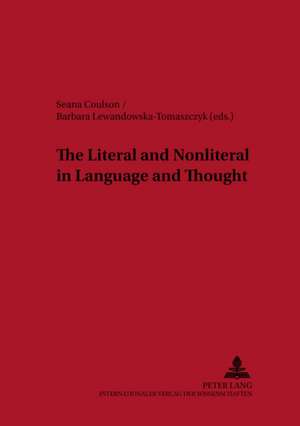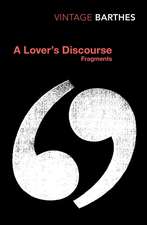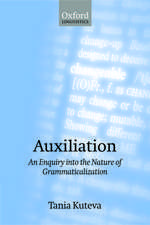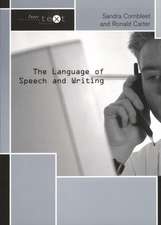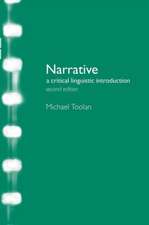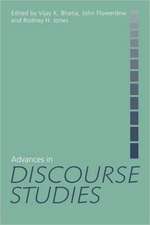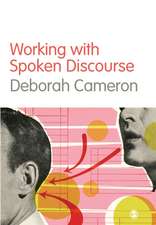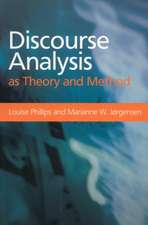The Literal and Nonliteral in Language and Thought: Lodź Studies in Language, cartea 11
Editat de Seana Coulson, Barbara Lewandowska-Tomaszczyken Limba Engleză Paperback – 25 sep 2005
Preț: 660.78 lei
Preț vechi: 858.14 lei
-23% Nou
Puncte Express: 991
Preț estimativ în valută:
126.44€ • 132.35$ • 105.24£
126.44€ • 132.35$ • 105.24£
Carte tipărită la comandă
Livrare economică 31 martie-14 aprilie
Preluare comenzi: 021 569.72.76
Specificații
ISBN-13: 9783631541692
ISBN-10: 3631541694
Pagini: 400
Ilustrații: num. fig.
Dimensiuni: 146 x 209 x 32 mm
Greutate: 0.48 kg
Ediția:Nouă
Editura: Peter Lang Gmbh, Internationaler Verlag Der W
Seria Lodź Studies in Language
ISBN-10: 3631541694
Pagini: 400
Ilustrații: num. fig.
Dimensiuni: 146 x 209 x 32 mm
Greutate: 0.48 kg
Ediția:Nouă
Editura: Peter Lang Gmbh, Internationaler Verlag Der W
Seria Lodź Studies in Language
Notă biografică
The Editors: Seana Coulson (Ph.D. 1997) is an associate professor in the Cognitive Science Department at the University of California, San Diego, where she heads the Brain and Cognition laboratory. Her research interests include cognitive semantics and experimental pragmatics, with an emphasis on the cognitive and neural underpinnings of figurative language comprehension. She is on the editorial board of Cognitive Linguistics and Annual Review of Cognitive Linguistics. Barbara Lewandowska-Tomaszczyk (Ph.D. 1972, Dr habil. 1987) is professor of English language and linguistics at the University of Lódz, where she holds the position of professor ordinarius and chair of English language. She is also honorary professor in linguistics and modern English language at the University of Lancaster. Her research interests are primarily in semantics and pragmatics of natural language, corpus linguistics and their applications in translation studies and lexicography. She has published books and papers in the area of Cognitive Linguistics and has been President of the Polish Cognitive Linguistics Association since 2002.
